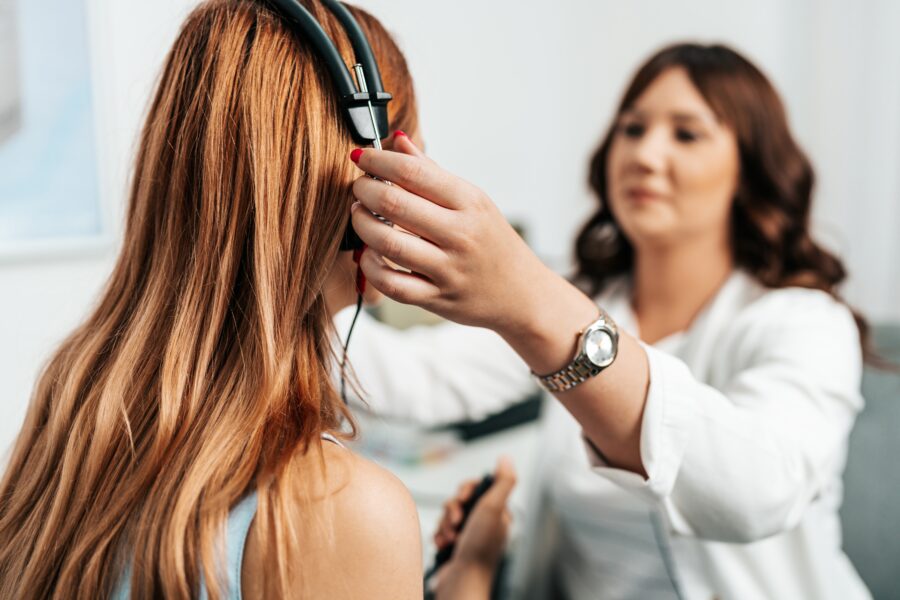Blog post
The Importance of Eye and Hearing Tests for Your Parents
While regular medical check-ups are often routine, we mustn't overlook the significance of eye and hearing tests for our ageing loved ones. Eyesight and hearing abilities are vital for maintaining their quality of life, independence, and social connections. Here are five reasons why your parents will benefits from eye and hearing tests and how you can help your parents have them in the comfort of their own home.
Early Detection of Age-Related Conditions:
Regular eye and hearing tests can help in the early detection of age-related conditions that may affect your parents' vision and hearing abilities. Conditions like cataracts, glaucoma, macular degeneration, and presbycusis (age-related hearing loss) are common among older adults. Early detection allows for timely interventions, preventing further deterioration and increasing the chances of successful treatment or management.
Maintaining Independence
Good vision and hearing are essential for maintaining independence and performing daily activities with ease. By ensuring that your parents' eyesight and hearing are in optimal condition, you are empowering them to remain self-sufficient and continue to enjoy everyday pleasures like reading and watching TV. Clear vision helps them navigate their surroundings safely, while good hearing allows for effective communication and social engagement.
Enhancing Social Connections
Hearing loss and visual impairments can significantly impact social interactions. Struggling to hear conversations or read facial expressions may lead to feelings of isolation and withdrawal. Missing out on what's going on around you is pretty frustrating and miserable for everyone. Regular eye and hearing tests can identify any problems and provide appropriate interventions, such as hearing aids or corrective lenses. By addressing these issues, you can improve your parents' ability to communicate, participate in social gatherings, and maintain their vital social connections.
Preventing Accidents and Injuries
We all live in dread of the emergency call from a loved one informing us of a slip, trip or fall. Elderly people are fragile and a simple fall could lead to a hospital stay. Diminished vision and hearing can increase the risk of accidents and injuries among older adults. Impaired vision may lead to falls or difficulty recognising obstacles, while hearing loss can make it challenging to detect warning sounds like car horns or alarms. By monitoring your parents' eyesight and hearing through regular tests, you can take proactive measures to prevent potential accidents, ensuring their safety and well-being.
Overall Health Assessment
Eye and hearing tests are not only focused on specific sensory functions but also provide valuable insights into your parents' overall health. Some eye conditions, such as diabetes-related eye problems or high blood pressure, may be detected during an eye examination. Similarly, hearing loss can sometimes be linked to underlying health conditions like cardiovascular disease or diabetes. By regularly assessing their eyesight and hearing, you contribute to a more comprehensive evaluation of their overall health.
Arranging tests is easy and convenient
People over 60 years of age are entitled to an NHS funded annual eye test. If your parents have underlying health or mobility issues they are likely to qualify for the test to take place in the comfort of their own. Did you know that everyone is entitled to a free hearing test? Your parents may be able to have an NHS funded test at home.
OutsideClinic is a delivery partner of NHS providing high quality eye tests as well as private hearing tests in a home setting. In the event that your parents do not qualify for the NHS funded service, OutsideClinic also provide a private eye test service.
By making eye and hearing tests a regular part of your parents' healthcare plan, you can actively contribute to their well-being, ensuring they continue to enjoy a vibrant and fulfilling life.



